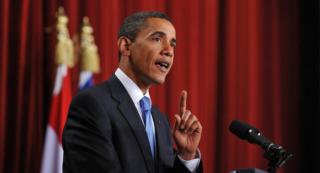
On the anniversary of President Obama’s election, relations with Russia have become a bright spot among the president’s ambitious foreign policy efforts, while other central international goals remain unachieved.
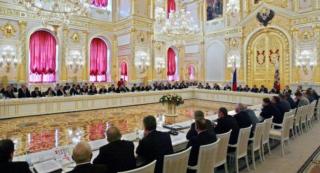
A new system has been implemented for naming the candidate for a gubernatorial post in Russia; the fate of 10 percent of the governors hangs in the balance.
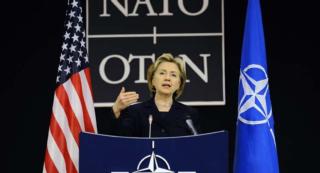
The West and Russia need to embark on a long and potentially rocky path toward creating a security community in Europe that would include both NATO members and nonmembers.
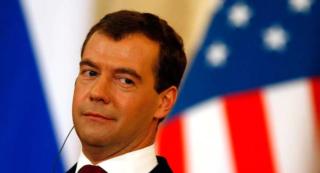
By embracing a soft power foreign policy fueled by a new focus on economic, intellectual and social renewal, Russia can emerge as a serious and indispensable global actor.
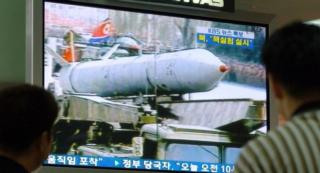
U.S. ratification of the Comprehensive Test Ban Treaty will enhance global security and provide greater leverage over states like Iran and North Korea that are unwilling to play by the rules.
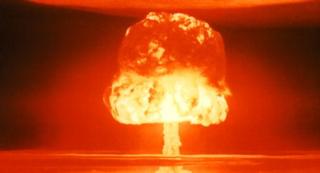
Universal ratification of the CTBT will create another tool for impeding Iran's nuclear ambitions, but the United States must take the lead.
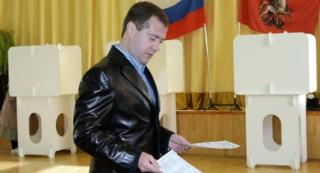
Municipal elections held in Russia on October 11 proved that most Russian voters seem to feel that elections have no direct bearing on their lives and that the authorities feel no impetus to institute change in the current Russian party system.
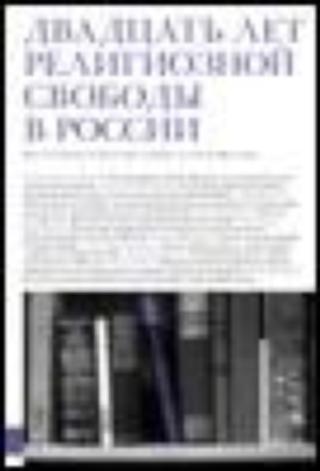
Post-Soviet Russia has witnessed an expansion of religious freedom and a change in the relationship between religious entities and the state. Religious movements that had all but disappeared under the Soviet regime have been experiencing a revival.
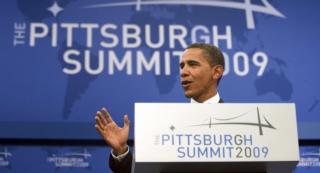
The key to success in the security field is not a combination of individual players like the G20, but rather sustainable joint leadership working together in tailor-made coalitions.
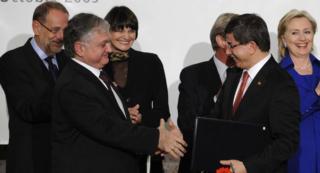
Turkey and Armenia signed historic protocols on October 10 to restore diplomatic ties and open shared borders. Although the deal must still be ratified by their respective parliaments, it marks the first step in resolving tensions stemming from the killing of Armenians under Ottoman rule in 1915.
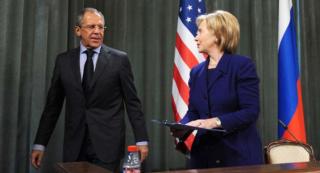
Secretary Clinton travels to Russia to discuss nuclear disarmament, Iran, Afghanistan, and human rights. The United States has made a good beginning with the Russian leadership, but the relationship is still fragile.
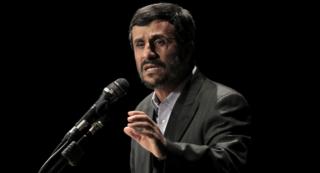
Rules are the key to maintaining necessary pressure on Iran and framing a mutually-acceptable, face-saving outcome. Iran must take steps to build and maintain international confidence that all its nuclear activities are peaceful, and that none have military dimensions.
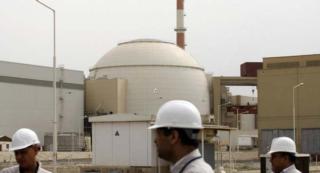
The United States and Russia need a coordinated approach to Iranian nuclear ambitions, where sanctions and opportunities become incentives pushing and pulling Iran toward a solution beneficial for both global security and Iran’s national interest.

Under Russian President Medvedev, the Kremlin’s efforts to develop and execute concrete solutions to Russia’s many challenges have been replaced by a constant stream of polemical sound bites and vague slogans.
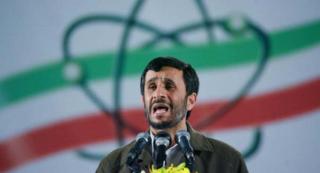
Following a momentous summer in Iran and scheduled open talks on October 1, President Obama and President Ahmadinejad take the stage today at the United Nations.
Russia retains interests throughout the post-Soviet regions, but Moscow’s considerable influence is no longer dominant.
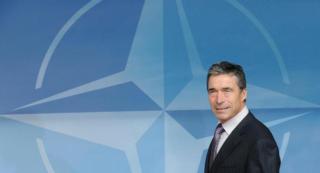
When Anders Fogh Rasmussen, NATO's secretary-general, addresses an audience at Carnegie Europe on Friday, 18th September, he will speak about the possibility of a new dialogue between two former foes – NATO and Russia. Dmitri Trenin suggests that these discussions could initially take place through the NATO-Russia Council of 2002, but in time, that they might spawn a new framework altogether.

The economic crisis has devastated the Russian economy, where GDP is expected to contract by nearly 10 percent in 2009. Despite optimism among government experts, ballooning debt and plummeting revenues threaten the recovery effort.
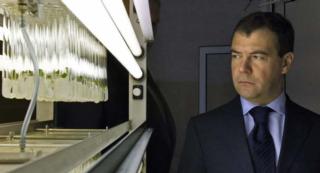
Scientific and technological progress will not, on their own, lead to improvements in the political realm. The economy cannot be effective if the political system is insufficiently free.
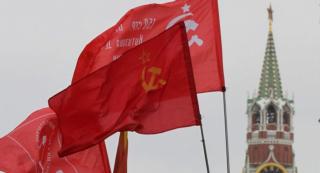
Stalin’s growing popularity in Russia is less a function of an organized state propaganda effort to promote him than it is a result of the government’s lack of interest in setting the historical record straight on Stalin. Attention is increasingly focused on the greatness of the country and its achievements under Stalin’s rule.